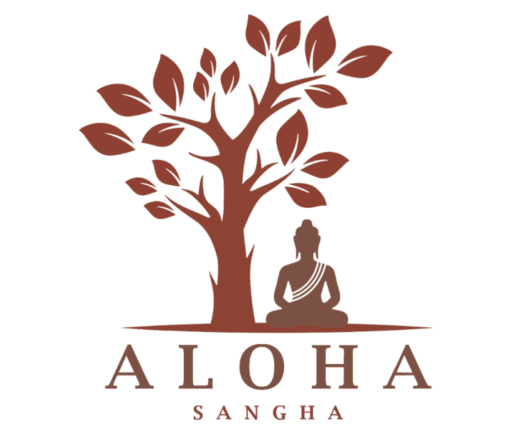openness to experience
Meditation turns special moments on their head. It turns out we don’t need special moments to savor the openness of experience.
Are you familiar with the Calvin and Hobbes cartoons? One of my favorites is when Calvin trips and falls down a flight of stairs, landing on his rear and looking confused.
Then he stands up and throws his arms up in the air like a performer taking a bow and says,
Ta da!
I love this cartoon so much because it illustrates one key aspect of mindfulness practice–the space we create around the story we call our “self” allows us to shift our view to a bigger picture.
calamity? what calamity?
A picture in which day to day calamities are not calamities at all. You could call this reframing.
I prefer to call it not being flooded by the inevitable downpours of life.
Or you just savor the openess of experience and not call this anything at all
Here are two takes on this essential mindfulness skill, one from a well-known Buddhist meditation teacher, the other a contemporary poet:
Even if your house is flooded or burnt to the ground, whatever the danger that threatens it, let it concern only the house. If there’s a flood, don’t let it flood your mind. If there’s a fire, don’t let it burn your heart. Let it be merely the house, that which is external to you that is flooded and burned.
Ajahn Chah
Here are few words from the contemporary poet and essayist Mark Nepo:
Ever since the lock on
my door broke, I have
more visitors.
Now the road I always
take is detoured, which
I curse until I see the
heron glide across the
small pond I didn’t
know was there.
Meditation shows us where we are caught, where we are hung up, and shows us we can always let go. And when we let go we open into a kind of space that allows everything, where everything belongs; a radical openness to experience.
Meditation is an invitation to relish the taste of this space that is always here regardless of circumstance.

Here is another take, this one by the Irish poet W. B. Yeats (1865-1939), considered one of the foremost literary figures of the nineteenth century. This is from part IV of his poem “Vacillation” from The Winding Stair and Other Poems, (1933):
My fiftieth year had come and gone,
I sat, a solitary man,
In a crowded London shop,
An open book and empty cup
On the marble table-top.While on the shop and street I gazed
from Vacillation, W.B. Yeats
My body of a sudden blazed;
And twenty minutes more or less
It seemed, so great my happiness,
That I was blessèd and could bless.
The poet is sitting in a crowded London shop, much, I would imagine, like sitting in a coffee shop in our day. We bring a book to read while we sip our latte. We just turned fifty, and we think of the inexorable passage of time. Perhaps lost in melancholic reverie, we put the book down on the marble table-top.
Then his body suddenly blazed. His mind is no longer wandering, no longer melancholic. And his happiness in that moment was so great that religious tones appear-he felt he was blessed and could bless.
Twenty minutes more or less sounds a bit playful.
Perhaps for twenty minutes or so he took a seat in eternity.
We could read into this all sorts of things. What matters for me is the evocative quality. Of feeling our aliveness break through the slumber of our humdrum days. We sense this in our so-called special moments, of noticing a child’s first tooth, or a sunset, a birth or a death.
But meditation turns special moments on their head.
It turns out we don’t need special moments to savor the openness to experience. All moments are special, even sitting at a crowded coffee shop ruminating on one’s life.
Let’s not underestimate the power of our mindfulness practice. We sit, we become aware of sounds, and then we settle the mind into the sensuous, lush undulations of body sensations.
We shift from being a witness to our life to living our life within the fold of our life, within the beating, rising and falling heart of experience itself.
For twenty minute more or less we morph into reality itself, bare, boundary less, and beautiful beyond description.
We allow our body to live its life. And it responds by suddenly blazing into life. The gateway to the blaze is simply the willingness to feel. To feel the body just as it is, moment by moment. The willingness to feel our openness to experience.
Openness is not a goal; rather it’s a relationship to what is happening as it’s happening. And since what is happening is already happening, there isn’t much room here for accomplishments, effort or special feats.
Just to open like a sunflower opens to sunlight; in our case, the sunlight of awareness.






